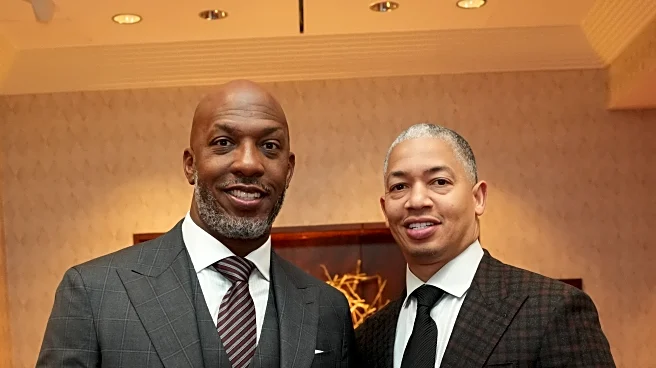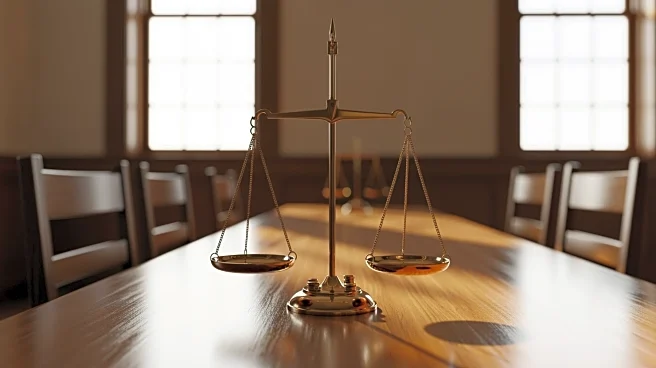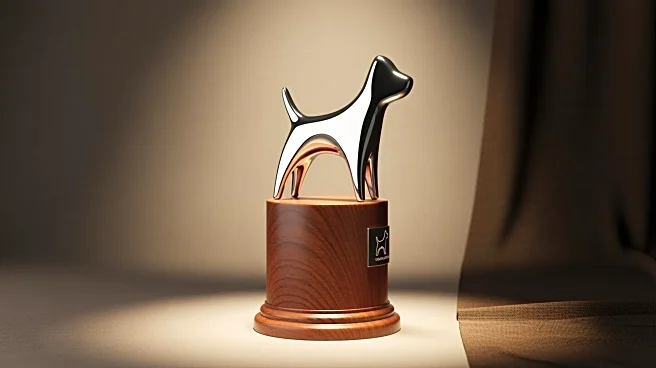The worlds of the NBA and professional poker collided last month when Portland Trail Blazers Coach Chauncey Billips got embroiled in a scandal wherein celebrities would lure players to rigged, private
poker parties wherein unwitting participants would get fleeced. Billups was suspended by the NBA and replaced as Portland’s head coach in the wake of his arrest.
Writing for The Sporting News, journalist and former professional poker player Stephen Noh described the process and atmosphere surrounding these private games. In the process, he suggested that private games of all stripes—clean and loaded—are not uncommon and that not all invitations are created equal.
For the most part, Noh’s article focused on attempts to play with another NBA Head Coach, Tyronn Lue of the Los Angeles Clippers. Noh relayed that the first time he sought out the opportunity was in 2010, when Noh was a “low-to-medium stakes” professional poker player in Las Vegas. When Lue decided to try his hand at the game, word spread among the locals, not because Lue was a celebrity, but because—fresh out of the NBA—he had a potentially huge initial bankroll and not much experience in poker, the magic combination for pro players looking to earn a quick dollar.
My job was to show up at the casino and wait for the Ty Lues of the world to swing by the poker room. Us local pros didn’t cheat the tourists as some of them thought, but we sure as hell looked out for one another and told each other where the good spots were.
I walked up to Dan, the suit running the poker room day shift, and slid him two red $5 chips as a tip.
“Hey Dan, how about a table change to 29?” I asked.
Dan chuckled, pocketing the chip. “Sure. You’re 12th on the list.”
I didn’t get to play with Ty that day. Too many people had the same idea before me. I did play with him a few times later, and I saw him around town here and there.
Lue was considered a potential “whale”, or player likely to lose ton of money. The depiction points out a reality of poker: it’s player against player, a predatory endeavor in which wins for one player automatically equate to losses for another. Succeeding at poker means taking advantage of others who don’t bite as hard as you.
…the locals mostly were interested in playing with him because we assumed that he had money to burn and was bad at poker. It takes a lifetime of study to master the game. People with other careers rarely have the time to do it properly.
You also never, ever, tell a whale that he’s a whale. Instead, you treat him like royalty, laugh heartily at his corny jokes, and tut tut about his bad luck when he loses. If Ty was marketed as a whale, then it may have been without his knowledge.
Nobody wants to be the mark at the table. I sure wasn’t telling Ty that everyone in the room was waiting to see how much he’d go off for the first time he walked in. If tourists get wind of how predatory poker rooms are, then they’ll usually pick up and leave.
Noh describes a symbiotic relationship between whales and pros in the private game ecosystem. Whales get to choose their opponents, play in a welcoming environment, and keep their losses undercover. Pros get an avenue to potentially easier targets with bigger payoffs. Even that comes with risk, though.
For pros, you don’t have to fight the masses to get a whale’s money. You do face a much higher risk of getting robbed, cheated, arrested, not paid out, or named as a side character in a podcast investigation 15 years later. It’s our job to make an evaluation of if the reward is worth the risk. We are pretty good at it.
Noh’s article gives the impression that all poker games are “rigged” in one way or another, if not explicitly, at least in the sense of some players have an advantage that not everyone at the table knows about. The goal of a professional player is to read the environment correctly, capitalize on edges when possible, and avoid being the unwitting “mark” at the table who ends up on the wrong side of the equation, either in-game or in the meta environment.
Towards the end of the piece, Noh does lift up one overarching principle: that reputation may be the most valuable thing a professional poker player carries. Some players are considered stand-up people, others jerks and/or scammers. Here he contrasts Lue—whom he defends as relatively unstained, on the up-and-up—with Billups:
I don’t know Lue well enough to say which bucket he falls into. I never gambled big enough to play in the private games that he was at. But I have friends of friends that got cheated out of six figures in Billups’ rigged game, and you hear a lot of stuff when you spend most of 12 years inside of casinos. I’ve heard Lue has a good reputation in the poker community. I can’t say the same about Billups.
The article has much more nuance to it, plus extra tidbits of information. It’s well worth a read.









